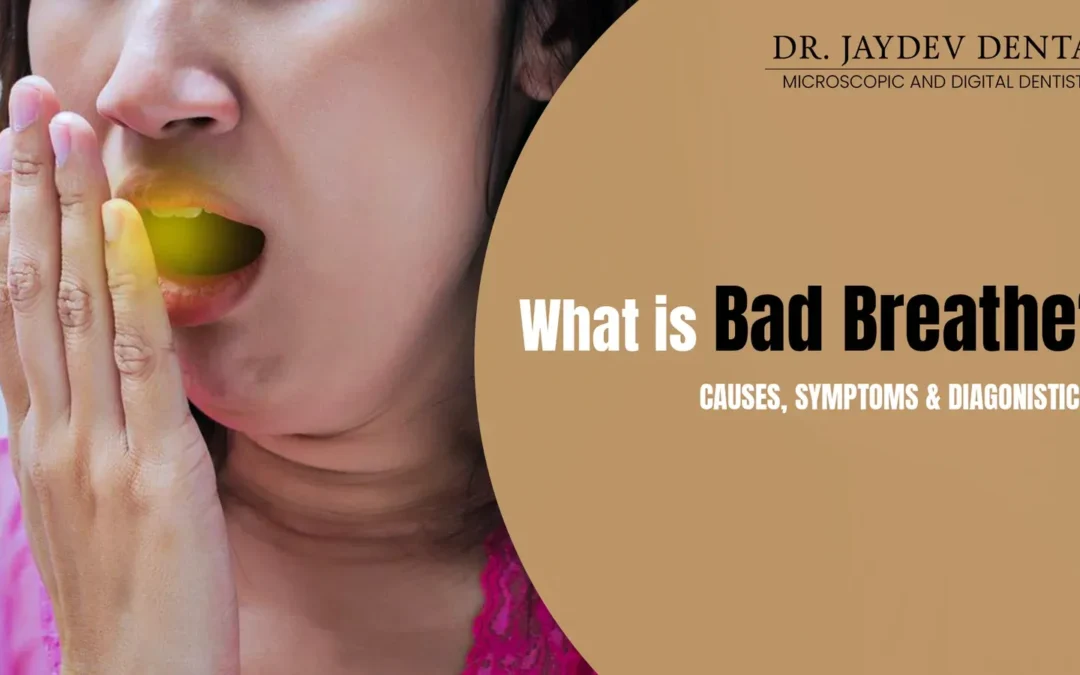Bad breath is not dangerous always, but it is the most embarrassing one. Most people feel the same.
Do you believe it? More than 50% of Indians suffer from some form of bad breath-related issue.
Bad Breath is a common but unpleasant condition. It is also termed Halitosis. This will be embarrassing and people even feel anxious.
Studies show that 5 to 10% of bad breath causes are due to the disease outside the mouth. This is to warn them about the serious problem. Another fact is, 90% of bad breath is due to protein breakdown in the mouth. If the bad breath is due to poor oral hygiene, it is due to the breakdown of cysteine at the tip of the tongue.
Causes of Bad Breath
There is no particular reason for Bad Breath. We all know that our mouths are home to billions of bacteria. If these bacteria react with the leftover food particle, release an unpleasant smell. Another major and most noted cause is poor oral health.
Some individuals develop halitosis as a result of chronic inflammation and infections.
These alone are not the causes. Down on this page, we have listed a few overlooked causes.
Poor Dental Hygiene
Not all but most oral or dental issues are the results of poor oral hygiene. The basic ritual that results in poor oral hygiene is skipping to brush and floss the teeth. The leftover food particles get reacted with the bacteria in the mouth and cause a bad smell. If left for a long time developing plaque and following my other dental illness. Plaque if unnoticed, causes inflammation between the gums and teeth. As a result, the number of bacteria increases in the mouth.
Dental treatments if formed any wounds may have the chance of developing bad breath. An uncleaned area post-tooth extraction becomes the home for bacteria. If there is any decay or wounds in gums or oral sources may also cause a bad smell.
Tobacco Chewing and Smoking
Our earlier blogs also reported that tobacco and smoking have a very bad effect on oral health. After smoking or chewing tobacco, the air dries out in the mouth. If there is no natural cleaning, it increases the odor-producing bacteria. Chewing tobacco is harmful to gums and any gum defect develops in bad order if not treated.
Mouth, nose, and throat disorders
Little stones covered with bacteria can occasionally grow and emit an odor. These are usually called tonsils formed near the back of the throat. Halitosis can be due to infections or inflammation of the nose, throat, or sinuses.
Medical Causes
Many diseases inside the body may also cause bad breath. Liver failure, cancer, metabolic disease, etc produce a mixture of chemicals. These may release the bad breath. Some other medical causes include Sinus infections, Diabetes, and Bronchiectasis.
Diets
Dieting or fasting causes a sickly sweet smell on the breath. During dieting, the body releases certain chemicals called ketones while dissolving the fat. Some ketones were then breathed out with each breath. Usually, low carbohydrate and keto diets cause this.
The coating on the back of the tongue
In some people, the deeper tongue layer will have a coating. But, it is not so clear how that coating forms One common reason is the mucus that drips down from the nostrils. This coating contains a lot of bacteria. This is one of the unpredictable reasons for people who follow proper oral hygiene. For this, we recommend cleaning the tongue from deeper layers at least twice a day.
Dry Mouth
Saliva is the first medicine for your oral cleaning. It helps you clean your mouth removing the particles that cause a bad smell. If you do not drink enough water, the teeth and mouth get dry. These form many bacteria that cause a foul smell. So, drink plenty of water. Eating chewing gum, and sour or sweet foods produce more saliva and help to keep your mouth hydrated.
The other causes of a dry mouth are the side effects of some medicines and radiotherapy. It may also be a symptom of some internal diseases.
Foods, drinks, and medicines
Preserved foods or drinks may have some chemicals that get into the bloodstream. These are then breathed out from the lungs. This is mainly when we eat certain food like onion, garlic, or alcohol consumption. Some of the medicines also cause bad breath. These are temporary and are easily cured. If medicine has become the cause, talk to your doctor and get possible alternatives.
Diagnosis
The main problem with halitosis is the person cannot feel it by himself. Often, the only way it gets identified is when raised by others.
Dentists can detect bad breath in simple ways. They take the layers of the tongue and smell it to rate its intensity. Besides the manual tests, there are many ultra-modern and sophisticated bad breath detectors.
- Halimeter: Used to detect low levels of sulfur.
- Gas Chromatography: Three volatile sulfur compounds, hydrogen sulfide, methyl mercaptan, and dimethyl sulfide.
- BANA test: Measures the levels of enzymes produced by the bacteria.
- Beta-galactosidase test: The levels of the Beta-galactosidase enzyme are proportionate to the smell of the mouth. In this test, the dentist takes the scrapping of the tongue with a cotton swab. This measures the levels of the Beta-galactosidase enzyme which causes halitosis.
Treatment
Most mouth issues cause bad breath. And these will get improved with proper oral hygiene practiced (see the list below). The first steps involve brushing and flossing frequently. Use an antibiotic mouth rinse, and toothpaste to kill bacteria. Because the bacteria gets built up from a plaque.
A dentist may advise repairing a damaged tooth. Restorations and filling cavities can serve as havens for microorganisms that produce odor.
When gums separate from teeth due to gum disease, there form large pockets. These accumulate plaque. Normal tooth brushing cannot easily reach these pockets. Specialized cleaning performed by a periodontist can eliminate the plaque from these pockets. Additionally, they can teach you how to enhance your daily dental hygiene.
The underlying medical condition will determine the best course of treatment that is not the result of poor oral hygiene. Your doctor will decide on the best course of action for the particular reason of foul breath.
Self-care and lifestyle changes
As we discussed bad breath is mostly by improper hygiene and practices. You can overcome them if you know the right cause and follow certain oral hygiene.
- Brush your teeth gently with a soft-bristled tooth at least twice a day.
- Floss regularly to clean off the accumulated food particles.
- Use a tongue scrapper or your fingers to clean the deeper tongue.
- Keep your dentures clean. Remove them when you are sleeping.
- Stay hydrated. Drink water to flush out the bacteria from the mouth.
- Avoid smoking or tobacco, sugary drinks, and alcohol.
Get Every Single Answer About The Treatment
1. What are the causes even after brushing?
Poor controlled Diabetes, Gastrointestinal conditions, Gum diseases or tooth decay, Oral, Nasal, or lung infections, Crash diets, etc. Anyhow your dentist will diagnose and figure out the cause for you.

